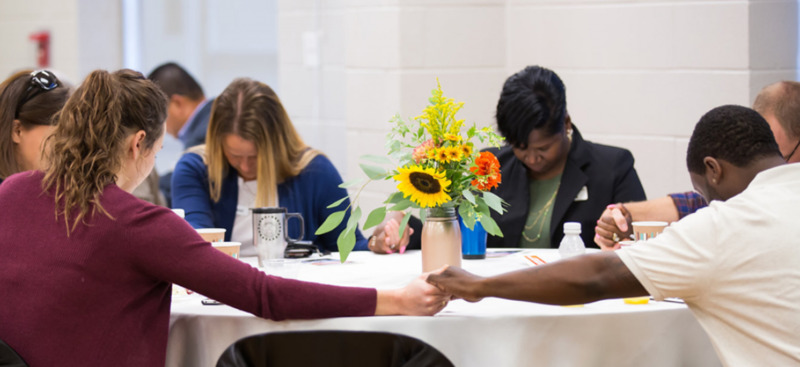Social Responsibility - Diversity and Inclusion
YMCA Diversity & Inclusion Statement
At the YMCA of Greater Charlotte, we believe in honoring our Christian mission, living our cause, acting in accordance with our values, and placing the greater good above self. It is our belief that, in a diverse world, we are stronger when our doors are open to all. Diversity and inclusion are core tenets of our mission “for all.” Our commitment to inclusion programs creates better communities, a better country, and a better world… for a better us. We work to ensure that everyone in our community feels welcome and fully engaged as program participants, members, team members and volunteers.
Our Commitment to Anti-Racism
We recognize that the effects of systemic racism show up in every aspect of society, from disparities in health care and education to housing, employment and more.
We're on a journey to become an anti-racist, multicultural organization within all areas of the Y. That means intentionally promoting all aspects of inclusion, ensuring diverse representation in our leadership, and partnering with communities to lead social change through anti-racist policies, words and actions. We believe in creating a culture of BELONGING: “the shared experience of co-created unity that grounds identity and transforms otherness into togetherness.” At the Y, You belong here.
Equal Employment Opportunities
The YMCA does not discriminate on the basis of race, color, religion, sex, age, national origin, disability, genetic information, or other legally-protected status. The YMCA is committed to providing an inclusive and welcoming environment consistent with its mission.

